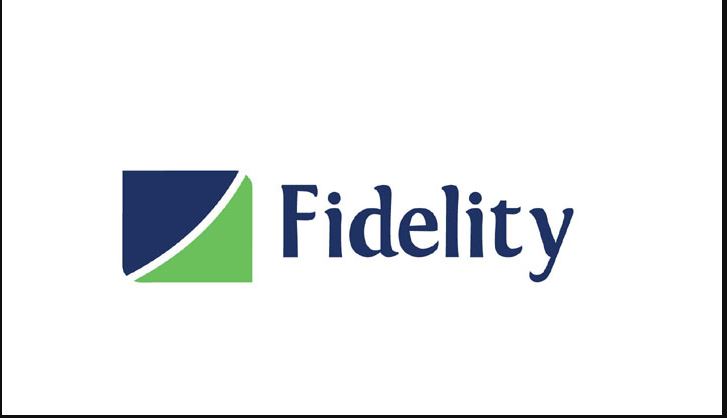
Commending Fidelity Bank's Leadership in Sustainability and CSR
In a landmark move, Fidelity Bank Plc has set a new standard in the Nigerian banking industry by becoming the first bank to publish its 2023 ISSB-Compliant Sustainability and Climate Report. Released on June 30, 2024, this comprehensive report underscores the bank’s commitment to sustainability and its proactive stance in addressing climate-related risks and opportunities. From a Corporate Social Responsibility (CSR) and sustainability perspective, this action is highly commendable and serves as a model for other corporations in Nigeria and beyond.
“2023 marked a pivotal point in our sustainability journey. We became a signatory of the UN Environment Programme Finance Initiative (UNEP FI) Principles for Responsible Banking (PRB) and the UN Women’s Empowerment Principles (WEP). These associations go beyond mere statements of membership – they actively integrate sustainability and climate-related goals into our core business strategy and daily operations.
“We believe innovation and transparency are essential for building trust in our strategies and achievements. As we progress towards sustainability, we remain committed to our diverse stakeholders including our dedicated workforce, esteemed shareholders, and valued customers”, remarked Mr. Mustapha Chike-Obi, Chairman, Board of Directors, Fidelity Bank Plc in the report.
Fidelity Bank’s publication of an ISSB-compliant report demonstrates a high level of transparency and accountability. By providing detailed insights into its governance, strategy, risk management, and metrics, the bank is holding itself accountable to its stakeholders, including customers, employees, and the broader community. This transparency builds trust and encourages other organizations to follow suit, promoting a culture of openness in the corporate world.
The inclusion of climate-related risks and opportunities in the report indicates Fidelity Bank’s awareness and proactive management of environmental challenges. This is crucial for sustainable development as it ensures that the bank’s operations are resilient to climate impacts. By identifying and addressing these risks, Fidelity Bank is not only protecting its interests but also contributing to the broader goal of environmental sustainability.
Highlighting human capital in the sustainability report underscores the bank’s commitment to its workforce. Investing in employee development, diversity, and inclusion initiatives enhances the overall well-being of the workforce, leading to increased productivity and innovation. This focus on human capital is a critical aspect of CSR, as it ensures that the bank’s growth is inclusive and beneficial to all stakeholders.
Fidelity Bank’s report details its community efforts, showcasing its role in societal development. Engaging with and investing in local communities fosters social cohesion and addresses socio-economic disparities. By supporting education, healthcare, and other community projects, the bank is playing a vital role in sustainable development, directly impacting the lives of Nigerians.
As the first Nigerian bank to publish an ISSB-compliant report, Fidelity Bank is leading by example. This pioneering step sets a benchmark for other financial institutions and corporations in Nigeria, encouraging them to adopt similar practices. Leadership in sustainability and CSR not only enhances the bank’s reputation but also drives industry-wide change.
Every corporate entity that values its reputation and long-term success should take a leaf from Fidelity Bank’s playbook. By adopting comprehensive sustainability and CSR practices, corporations can enhance stakeholder trust through transparent reporting and accountability. Proactive management of climate risks ensures operational resilience and sustainability. Investing in human capital and community development leads to inclusive growth, benefiting both the corporation and society. By leading in sustainability practices, corporations can set industry standards and drive positive change.
Fidelity Bank’s initiative in publishing an ISSB-compliant Sustainability and Climate Report is a commendable step towards sustainable development in Nigeria. This action not only enhances the bank’s CSR impact but also sets a precedent for other corporations to follow. As Nigeria continues to navigate the challenges of climate change and socio-economic development, the leadership demonstrated by Fidelity Bank is a beacon of hope and a call to action for all corporates. Every company worth its salt should embrace similar practices, ensuring that their operations contribute positively to the environment, society, and the economy.
By following the footsteps of Fidelity Bank, corporations can play a pivotal role in driving sustainable development and creating a better future for all Nigerians.
[give_form id="20698"]

